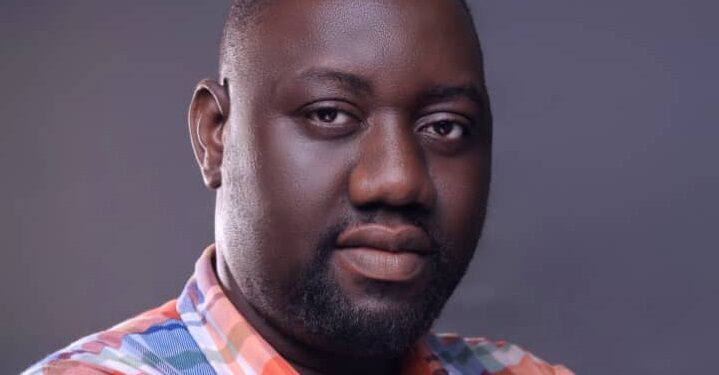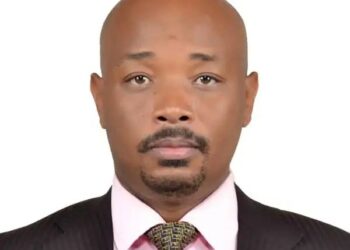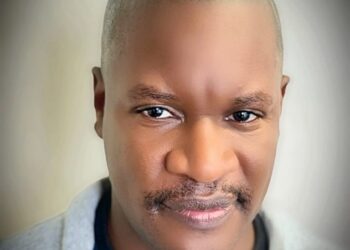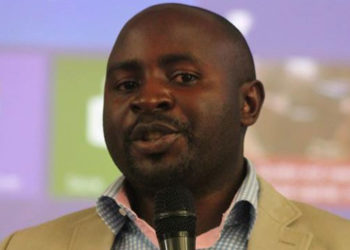If many of our fellow Ugandans are experiencing mental health challenges, it’s crucial to recognize the seriousness of the situation. Blaming others might serve a purpose at times, but when it comes to mental health, it’s essential to move beyond finger-pointing, especially if emotions are involved. Every day, individuals face personal struggles within their families, homes, and lives, many of which remain hidden from the world’s view.
Have you ever wondered why some of the girls who go abroad for work, commonly referred to as “kyeyo” or “Kadaama,” are so vocal on social media? Through personal engagement with many of them, I’ve come to understand why they often appear more informed than those back home. One individual shared with me that she left her home country because despite extensive job hunting, she couldn’t secure employment.
Upon arriving abroad and gaining access to free Wi-Fi, she found herself drawn to expressing her frustrations with the government online. Many of these individuals follow a similar routine: completing their daily tasks, then immersing themselves in social media via free Wi-Fi at their residences. For them, the internet serves as a platform for engaging in WhatsApp discussions across multiple groups, creating TikTok videos, and remaining online for the remainder of the day.
Idleness often leads to various problems, but having access to numerous free resources can also offer advantages. Recently, I participated in a panel discussion with the leadership of the World Girl Guides team at their office. Our conversation centered around the optimal utilization of the internet by young people. One of the key topics they wanted us to address was the issue of regulation. However, the question arises: how can Ugandans be effectively regulated online, and how can regulations extend to individuals abroad who may be expressing their frustrations for reasons known only to themselves?
What I’m suggesting is that perhaps we shouldn’t rush to blame individuals for misusing the internet. Many aren’t doing so because they believe it’s the right thing to do, but rather because they’re seeking resolution for something. Take, for example, the numerous commentators discussing Ugandan politics from abroad. Despite being outside the country, they assertively comment on matters without thorough research, often attempting to demonstrate a superior understanding of local affairs compared to those actually living in Uganda. They take charge of disseminating announcements, breaking news, and even speculate on criminal investigations, claiming expertise in areas they may not fully comprehend. This trend has become evident through various incidents within the country.
The moment I lost faith in rumors from abroad was when a Kadaama sent a message in a WhatsApp group claiming that the Kabaka’s palace had been surrounded and the Kabaka himself was trapped inside. It happened to be a day when I was casually relaxing in the palace gardens, glancing around, and not a single person was seen holding so much as a stone, let alone evidence of any commotion.
It’s a misconception ingrained in our minds that to secure safety and obtain citizenship abroad easily, we must consistently criticize the government, verbally attack every leader, and profess allegiance to the opposition. Perhaps, instead of blaming these individuals, we should recognize that many of them lack in-depth knowledge about politics and policies, much like their counterparts in leadership positions within political parties and parliament.
I’ve noticed a significant number of people struggling with depression, stemming from various issues. When individuals are in this state, their ability to think clearly is compromised, often requiring support and counseling to help them regain a positive mindset.
I vividly recall a day when a friend of mine reached out to me in distress. He pleaded for me to travel from Kampala to Mbale to talk to him about his relationship struggles. His voice trembled with pain as he revealed that his girlfriend had betrayed him. I promised to be there for him, to lend an ear and offer whatever support I could. However, amidst the hustle of daily life, I failed to fulfill my promise. On the day I was supposed to visit him, and the following day, tragedy struck.
My friend took his own life. The weight of guilt and regret crushed me as I blamed myself for not being there when he needed me most. I couldn’t shake the feeling that if I had only listened to him, maybe I could have helped ease his mental anguish, preventing such a devastating outcome. This heartbreaking experience taught me a profound lesson: the importance of actively listening to others and responding with compassion and support.
In light of this, I believe the government should establish counseling centers nationwide to provide assistance to those in need. This initiative could potentially reduce the prevalence of young individuals dedicating their lives to fervently supporting political figures instead of focusing on personal growth and productivity.
One of my friends always argued against what I believed in, constantly criticizing me for it. Every day, she would post negative things about the government or the president online. I couldn’t understand why she did this until I realized she was getting fed false information from a People Power WhatsApp group.
As I observe various situations, I consider mental health to be a significant issue causing problems in Uganda today. Many young people here engage in reckless behaviors (“bakola byebagala”) due to underlying mental health issues, leading to a mix of problems weighing on their minds. This can result in poor decision-making, including involvement in criminal activities.
Hence, I believe the government should prioritize allocating budgets specifically for mental health issues. This would ensure that counseling services are readily accessible for Ugandans, guiding them on proper behavior and coping mechanisms. It’s crucial to start this initiative with top leaders, particularly those in the opposition, who often seem disconnected from the realities of citizens’ lives by frequently traveling abroad.
MICHAEL WOIRA
Patriotic Ugandan, Citizen Engagement
Do you have a story in your community or an opinion to share with us: Email us at editorial@watchdoguganda.com













